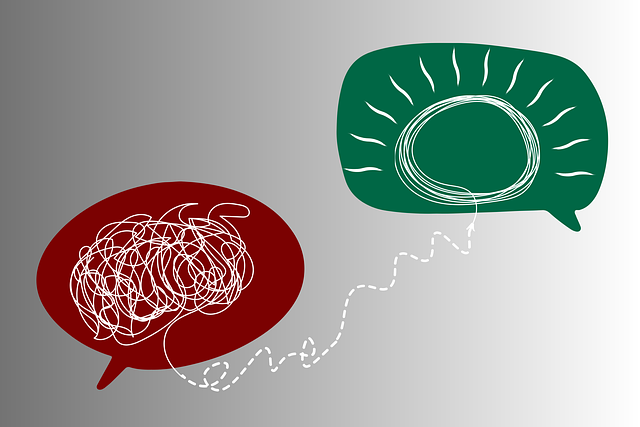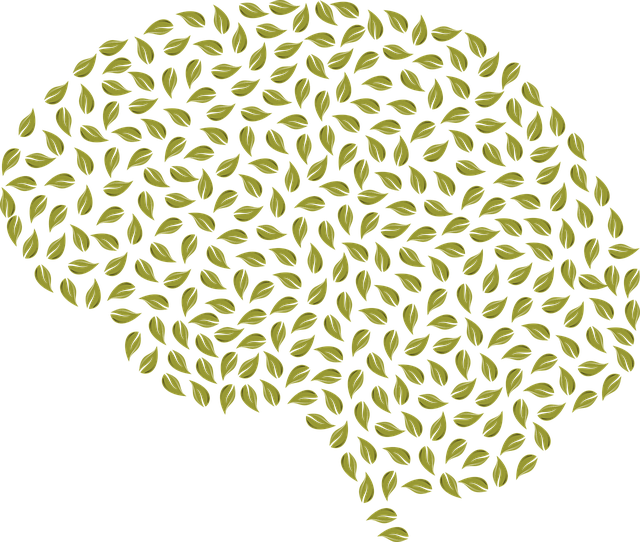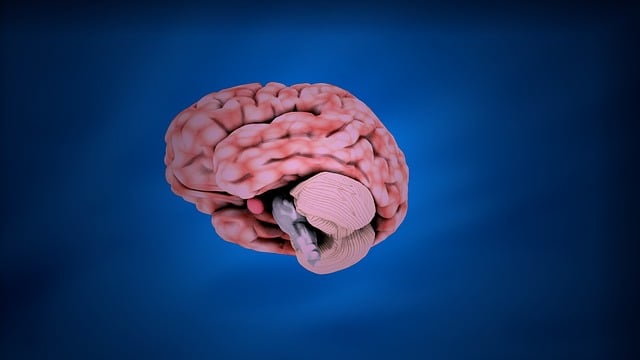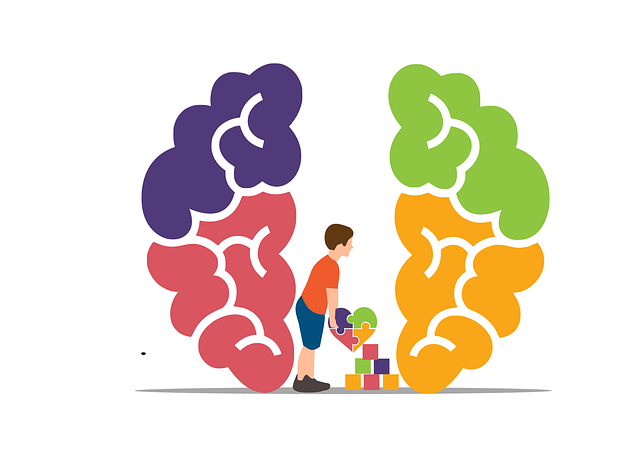Lone Tree Hebrew Speaking Therapy offers a unique, culturally sensitive approach to mental health care tailored for Hebrew speakers. Through interactive sessions focusing on emotional intelligence, communication skills, and narrative storytelling, clients learn effective coping strategies for anxiety and depression while fostering social integration. The program's holistic approach includes community outreach and advocacy, empowering individuals to build relationships, manage stress, and actively participate in their communities, ultimately enhancing life quality.
Social skills training plays a pivotal role in managing mental health conditions, fostering better interactions and enhancing overall well-being. This article delves into the significance of such training, offering insights tailored to Hebrew-speaking communities. We explore effective strategies and techniques, highlighting how Lone Tree Hebrew Speaking Therapy can integrate social skills development into comprehensive treatment plans. By understanding these approaches, mental health professionals and individuals alike can navigate social challenges more effectively.
- Understanding the Importance of Social Skills Training
- Strategies and Techniques for Effective Hebrew-Speaking Therapy
- Integrating Social Skills into Mental Health Treatment Plans
Understanding the Importance of Social Skills Training

Social Skills Training plays a pivotal role in enhancing the lives of individuals with mental health conditions, offering a path to improved emotional well-being and increased social integration. At Lone Tree Hebrew Speaking Therapy, we recognize that effective communication and interpersonal interactions are crucial components of recovery. Mental health struggles can often isolate individuals, making it challenging for them to navigate social settings and build meaningful connections.
Our specialized approach focuses on providing tailored training that addresses these unique challenges. Through interactive sessions, clients learn practical emotional regulation techniques, enhancing their ability to manage stress and anxiety in social situations. Moreover, we incorporate cultural competency training, ensuring our methods are sensitive to diverse backgrounds, as recognized by Healthcare Provider Cultural Competency Training guidelines. By fostering self-esteem improvement and refining social cues, our programs empower individuals to participate actively in their communities, leading to a more fulfilling and supportive social environment.
Strategies and Techniques for Effective Hebrew-Speaking Therapy

In the context of mental health conditions, Lone Tree Hebrew-speaking therapy offers unique benefits by incorporating culturally sensitive practices tailored to meet the specific needs of Hebrew-speaking individuals. Therapists skilled in this domain employ a range of strategies and techniques that go beyond traditional talk therapy. One key approach is to foster emotional intelligence (EI) – understanding and managing one’s own emotions, as well as recognizing and influencing the emotions of others. This enhances communication and relationships, crucial aspects in mental health recovery and burnout prevention for healthcare providers.
Additionally, therapists might utilize narrative techniques that allow clients to express themselves through stories, providing a safe space to explore complex emotions and experiences. This method is particularly effective for those dealing with trauma or cultural identity issues. In line with Burnout Prevention Strategies for Healthcare Providers, creating a supportive environment where patients feel heard and validated can significantly contribute to their well-being. Through these innovative practices, Lone Tree Hebrew-speaking therapy ensures Mental Health Awareness is at the forefront, empowering individuals towards holistic healing and improved life quality.
Integrating Social Skills into Mental Health Treatment Plans

Integrating social skills training into mental health treatment plans is a holistic approach that has gained significant importance in recent years. This strategy recognizes the profound impact of social connections on one’s mental well-being, especially for individuals navigating conditions like anxiety or depression. At Lone Tree Hebrew Speaking Therapy, we understand that effective healing often involves more than just therapeutic sessions; it encompasses preparing clients to navigate and engage with their communities healthily.
By incorporating social skills training, our therapists equip patients with the tools needed to build and maintain relationships, manage stress effectively, and actively participate in support networks. This not only enhances their recovery journey but also empowers them to advocate for themselves within the broader mental health landscape. Moreover, community outreach program implementation plays a crucial role in fostering an environment where individuals can practice these skills in real-life settings, while Mental Health Policy Analysis and Advocacy ensures that systemic changes support these therapeutic interventions.
Social skills training plays a pivotal role in enhancing the well-being of individuals with mental health conditions. As demonstrated by Lone Tree Hebrew Speaking Therapy, integrating these strategies into treatment plans can significantly improve communication, reduce social isolation, and foster more fulfilling relationships. By employing techniques tailored to individual needs, such as those discussed in this article, mental health professionals can empower clients to navigate social interactions with confidence and resilience, ultimately contributing to improved mental health outcomes.









